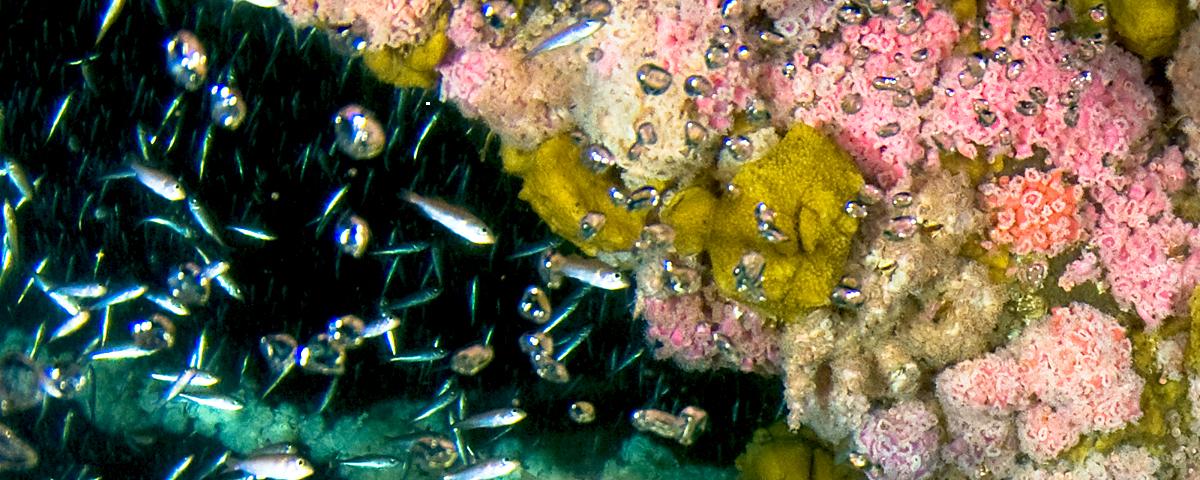A time series study of Lophelia pertusa and reef megafauna responses to drill cuttings exposure on the Norwegian Margin
Abstract
From the Abstract: “As hotspots of local biodiversity in the deep sea, preservation of cold-water coral reef communities is of great importance. In European waters the most extensive reefs are found at depths of 300 – 500 m on the continental margin. In Norwegian waters many of these reefs are located in areas of interest for oil and gas exploration and production. In this study drilling was carried out in the Morvin drill field in proximity to a number of small Lophelia pertusa coral reefs (closest reefs 100 m upstream and 350 m downstream of point of waste drill material release). In a novel monitoring study, ROV video surveys of 9 reefs were conducted prior, during, immediately after and >1 year after drilling operations. Behavior of coral polyps inhabiting reefs exposed to differing concentrations of drill cuttings and drilling fluids (waste drilling material) were compared. Levels of expected exposure to these waste materials were determined for each reef by modelling drill cutting transport following release, using accurate in-situ hydrodynamic data collected during the drilling period and drill cutting discharge data as parameters of a dispersal model. The presence / absence of associate reef species (Acesta excavata, Paragorgia arborea and Primnoa resedaeformis) were also determined from each survey video. There were no significant differences in Lophelia pertusa polyp behavior in corals modelled to have been exposed to pulses of >25 ppm drill cutting material and those modelled to be exposed to negligible concentrations of material. From the video data collected, there were no observed degradations of reef structure over time, nor reductions of associate fauna abundance, regardless of modeled exposure concentration at any of the surveyed reefs. This study focused exclusively on adult fauna, and did not assess the potential hazard posed by waste drilling material to coral or other larvae. Video data was collected by various ROV’s, using different camera and lighting setups throughout the survey campaign, making comparison of observations prior, during and post drilling problematic. A standardization of video monitoring in future monitoring campaigns is recommended.”

